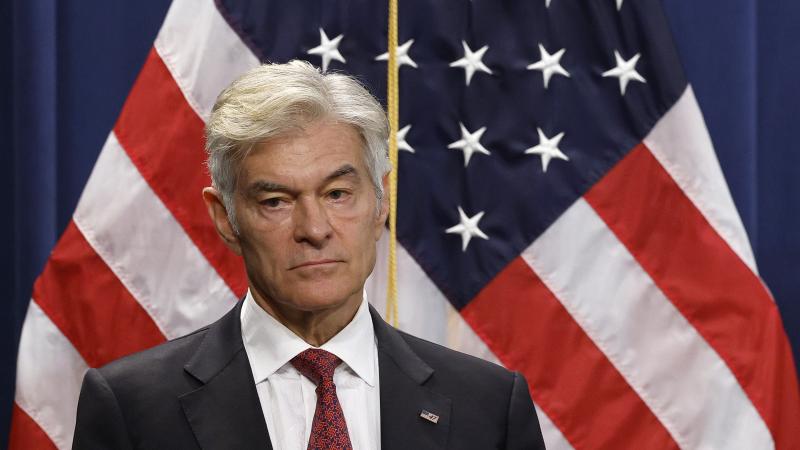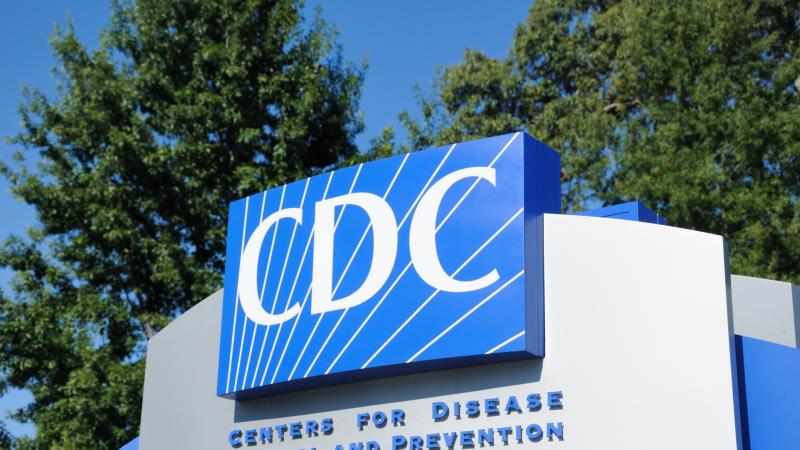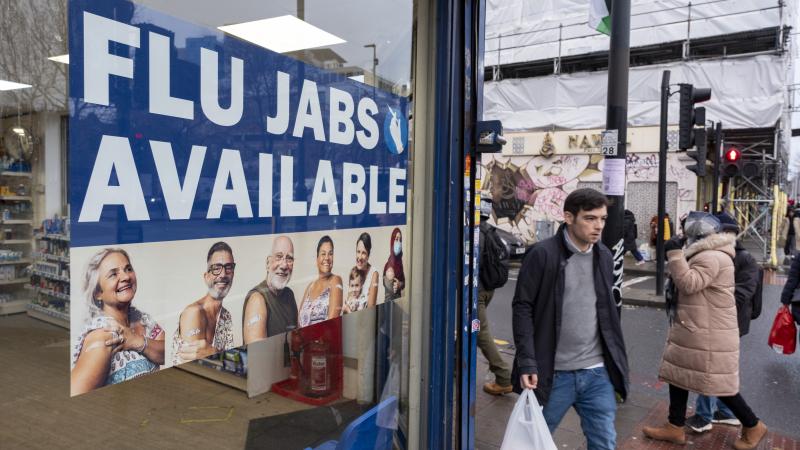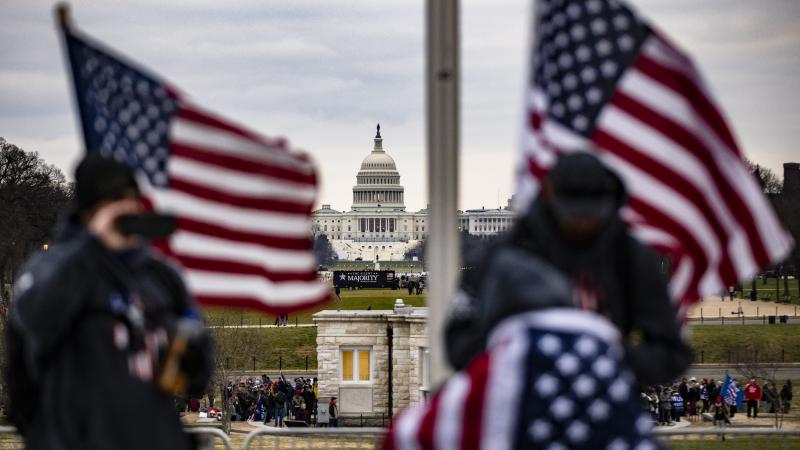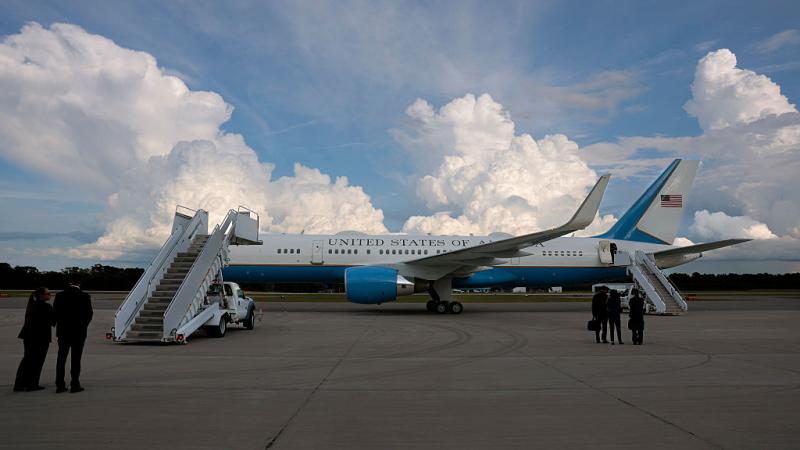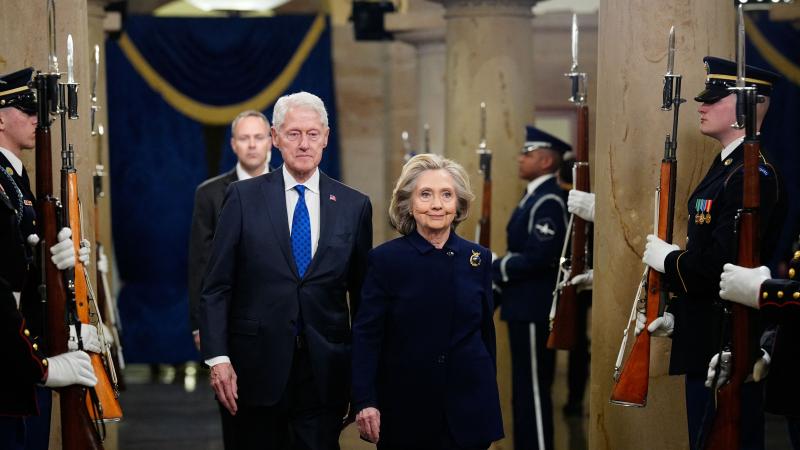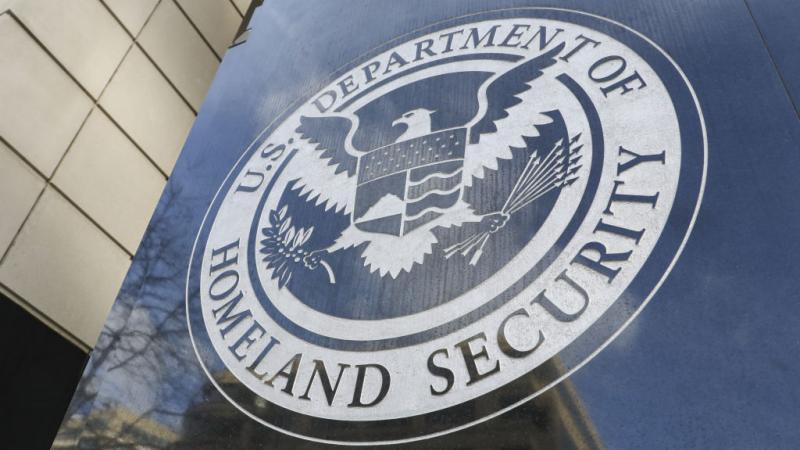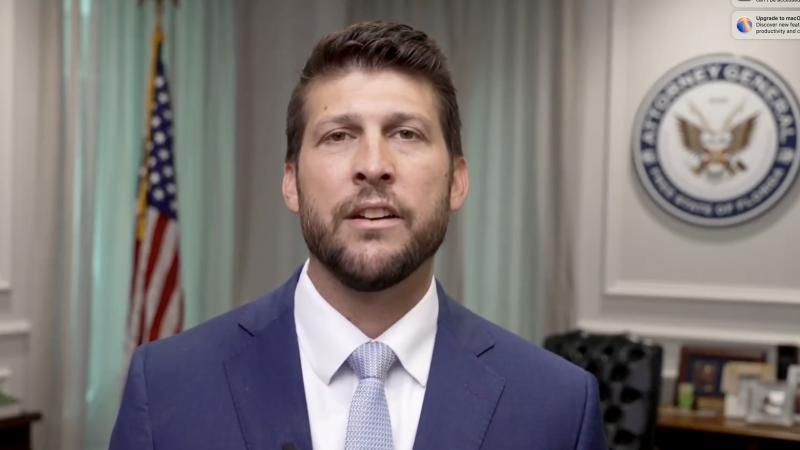You Vote: Should the U.S. join a global pandemic treaty?
World Health Organization pushing for worldwide agreement to combat future pandemics.
The World Health Organization (WHO), the United Nations' health agency, is pushing to establish a sweeping global agreement to combat future pandemics with the support of governments, health experts, and activists.
Supporters argue the so-called pandemic treaty can address the holes exposed by the world's response to the COVID-19 pandemic.
Critics say the measures being discussed vastly expand the authority and resources of the WHO, which they argue would assume greater control of how nations respond to future pandemics at the expense of national sovereignty.
Last week, the World Health Assembly, the WHO's decision-making body, comprised of 194 member countries, convened in Geneva, Switzerland. Topping the agenda was the WHO's push to create a pandemic treaty.
The current working draft of the treaty would give the WHO more power to impose its recommendations to combat pandemics, potentially including lockdown measures and travel restrictions. It also calls for the WHO to establish a "new global system for surveillance" and "to deploy proactive countermeasures against misinformation and social media attacks."
Additionally, the accord includes provisions for the development of digital vaccine certificates and contact tracing "in the international context."
The WHO's intergovernmental negotiating body will meet multiple times this and next month to continue on the working draft of the pandemic treaty. The goal is to deliver a progress report to the World Health Assembly in 2023 and adopt the agreement by 2024.
What do you think? Should the U.S. sign up for such an agreement? Here's your chance to weigh in:
